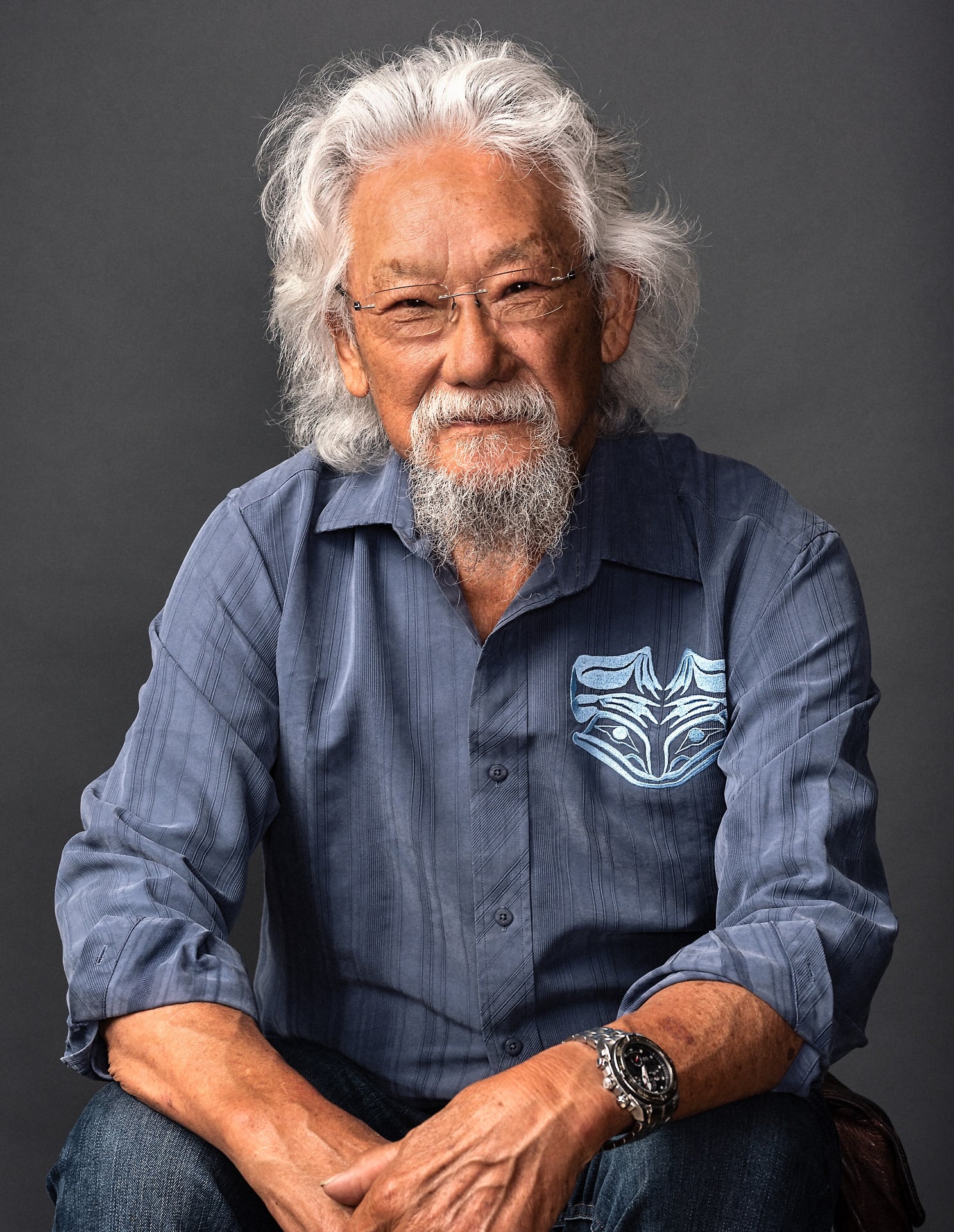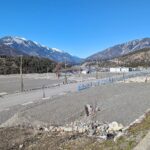OP/ED: What is COP26 and why does it matter?
Starting Nov. 1, world leaders — along with scientists, policy-makers, journalists and activists — are gathering in Glasgow, Scotland for the UN international climate conference COP26. Over the next 12 days, they’ll have an opportunity to make crucial decisions about tackling the climate emergency globally.
With the most recent report by the Intergovernmental Panel on Climate Change declaring this moment a “code-red for humanity,” it’s never been more important for leaders to take bold action on the climate crisis. This could be a moment for swift and decisive action, if world leaders decide to step up.
Here’s what we want to see at COP26:
Success depends on rich countries like Canada following through on their commitment to help poorer nations deal with climate change. In 2016, Canada and other developed countries promised to provide US$100 billion per year by 2020 to help developing nations reduce their emissions and adapt to climate change impacts. But we haven’t contributed nearly enough.
Canada has, however, continued to generously finance global fossil fuel extraction. In fact, Canada gives more subsidies to oil and gas than any other G7 country, undermining our commitments to finance the climate crisis. Canada must stop supporting the fossil fuel industry and start supporting a clean energy transition that leaves no one behind.
Indigenous voices and their calls to decolonize climate action are key to COP26 success and should be central to all negotiations. To that end, we were pleased to give our two conferences passes to Indigenous Climate Action so they can attend COP26 in person.
Our leaders should back efforts to defend and restore natural areas like forests and wetlands, so they can remove carbon dioxide from the atmosphere, protect us from climate change impacts and help reverse wildlife decline.
Countries represented at COP26 are not on track to meet their commitments to reduce emissions. But it’s not too late for world leaders to change that. They can resolve their differences, act with equity in mind and respond to the voices of young people who cannot afford to have climate commitments fail. (To read more about our federal policy demands for COP26, check out this opinion piece by our climate policy experts Lisa Gue and Tom Green.)
We’ll be paying close attention to what happens at COP26, and we hope you will too.
Sincerely,
The David Suzuki Foundation climate team
PS: On November 6, David Suzuki and our new executive director Severn Cullis-Suzuki will discuss the importance of an intergenerational approach to tackling climate change as part of the Climate Dialogues (Les dialogues pour le climat).

























